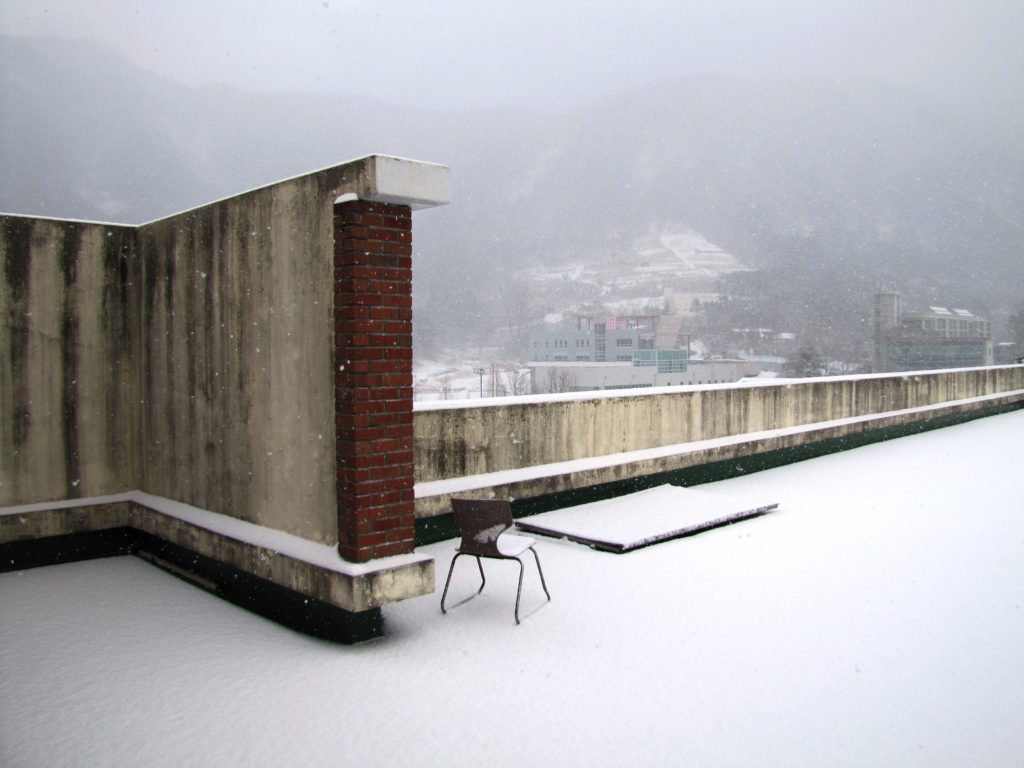A Punishment to Fit the Crime
The only depiction of Hell that carries any emotional weight with me is that of Dante Alighieri, who imagined his realm of eternal punishment with less attention to the details of Church teaching than to his own rational mind’s sense of cold, hard justice. Each man judged unworthy of salvation is consigned to spend eternity in what we might call the hell of his own making — the ultimate case of punishment that fits the crime.
Many men of later centuries have found Dante’s vision unduly, perhaps almost maniacally, cruel and unforgiving. As a result of such opinion, along with the fact that so many of the sins he punished are now regarded as social norms and “human rights,” his vision has largely fallen out of fashion. I have never shared this latter-day judgment of Dante’s supposed cruelty, however, because I have always focused less on his “victims” — whose real eternal fate, after all, will be as it will be, regardless of Dante’s evaluation — than on his own spiritual condition, and the peculiar need expressed or fulfilled in his literary inferno. Specifically, I believe that only a rational but sensitive man driven to near-despair by the suffocating awareness of his society’s general degradation could have imagined such a dark form of (literal) poetic justice, and imagined it in such exacting and unflinching detail.
Feeling similarly cold and judgmental myself these days, and as a follow-up to my earlier post related to the case of a Columbus police officer being “Chauvined” by American progressives for daring to save the life of a teenage girl who was about to be stabbed to death by a raging maniac who just happened to be black, female, and a minor, I would like to share my own Dantean dream.
For every person at the mainstream news networks, both behind and in front of the camera, who knowingly omitted the dead girl’s knife-waving final moment from their reports; for the bizarrely popular old hags at The View (which seems to be The Jerry Springer Show for people too dumb for Jerry Springer) who argued that the officer should have found “a better way” of resolving the situation; for Congresswoman Rashida Tlaib and her ilk, who are using the case to score points for their crusade to abolish all police (except the ones who would protect them and their property, presumably); and in general for every online, on-air, in print, and academic leftist, “mainstream” or “activist,” who dared to dismiss the value of the saved girl’s life in their mad rush to whitewash the dead one’s — for all of you, I hope and pray that there is indeed eternal justice in the afterlife, for in your cases it would entail your soul being trapped perpetually in the moment of emotional torture you are cravenly wishing on that teenage survivor, for the sake of nothing but the advancement of a totalitarian agenda in which you are deeply invested.
A raving girl is running at you, barely a foot away now, with a knife raised in fury. The last and only sound you hear is that girl’s voice screaming out, banshee-like, that she is going to knife you — the scream is immediate and life-blurring. From the corner of your eye, you are aware that a police officer, gun in hand, is standing by at close range. The one vaguely coherent thought left in your panicked mind is a desperate hope that the officer will do what he alone he can do, and save you from certain, humiliating, and agonizing death. And yet as the knife races down toward your throat, the banshee continuing her screaming promise of death, and your entire world being reduced to a spasm of abject terror, the final sight of which you are aware is the image of the officer withdrawing his gun, refusing to save you, “sparing” your murderer at the moment of truth. Your cumulative fear, helplessness, and sense of utter abandonment, complete isolation from life and mankind, at that final moment, is your permanent and unabating fate. You will live in that split second of extreme emotional horror for all eternity, without a moment of relief — and you know it.
There — like Dante, I feel a certain spiritual relief at the thought that there is justice beyond this life, however fanciful the thought might be. The feeling of ultimate correction is an excellent balm against excessive anger, is it not? In any case, I feel much better now.



